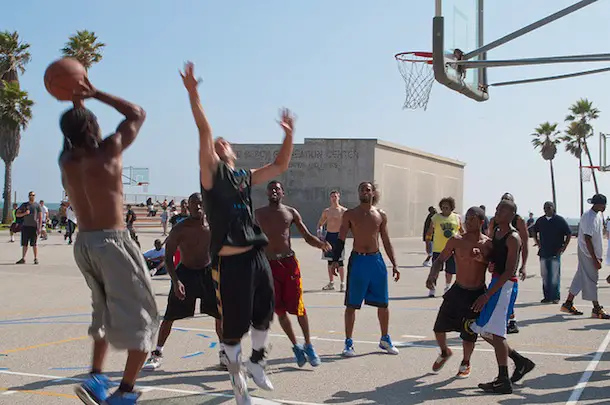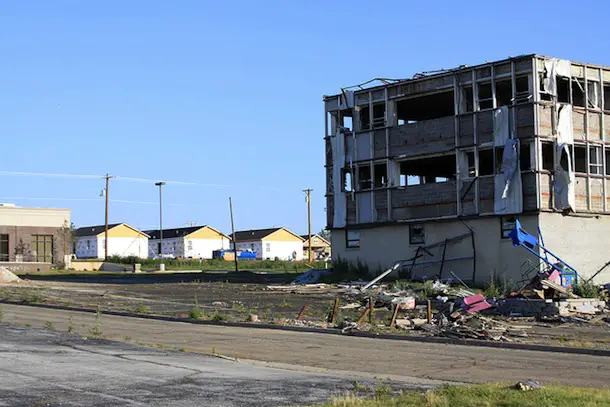The Olympic spotlight brings significant development to host cities, with expectations of economic benefits mainly based on investment theories related to city marketing. Such theories have helped governments justify massive amounts of public investment money to redevelop areas and upgrade city infrastructure that otherwise may have taken many years to happen, or never be prioritized at all. Legacy is a key part of the excruciating selection process for becoming an Olympic host city, with particular attention paid to how a city will leverage development triggered by the Olympic games to advance human rights and knowledge. A lack of a positive legacy can often be a deal breaker for a competing city.
After three failed attempts at hosting the Olympics, Rio de Janeiro had to make some ambitious social and redevelopment commitments to win the 2016 Olympic bid and get the city ready to host the summer Games. The city of Rio de Janeiro alone is expected to invest R$23 billion (US$13 billion) on everything from beautification plans to infrastructure upgrades which facilitate new developments and transportation between Olympic sites. The plans include public transportation enhancements, more roads, tunnels and bike paths; incorporating new cutting edge infrastructure technologies; improving water, sanitation, electric, gas and telecom infrastructure networks; 5 million square meters of class A office and retail; and redeveloping underutilized areas like Porto Maravilha (the old Port) with “Olympic” urban parks and iconic architecture like Santiago Calatrava’s Museum of Tomorrow. Rio has also been busy improving its public safety concerns, going on a vigilante-like spree with pacification campaigns in its renowned informal housing settlements. Raids of local drug lords and gangs controlling favelas have been followed by a heavy social police presence to discourage new drug lord leaders from emerging.
Amongst all these great efforts, Rio’s plans are still missing that crucial element of increasing social and economic equity and advancing human rights. For instance, transportation plans are not necessarily increasing access to areas that need it, instead focused on moving Olympic crowds to and from venues with little concern about moving the residents between jobs and daily activities.

A question I mulled over while in Rio this past March is whether there is widespread support for the 2016 Olympic Games and its corresponding redevelopment plans. The answer is “it depends.” Yet while this question is in constant debate, the planning process and methods of Rio’s redevelopment are not up for debate. There has been much criticism for a perceived lack of transparency and consideration for many of the city’s urban equity issues, like high rates of income inequality or a housing deficit that disproportionately affects low-income residents. These issues force many to live in informal housing settlements like favelas, to the extent that favelas make up about 3.5% of Rio’s land area and house about 20% of its population. On the other hand, supporters say that this is an opportunity for Rio to regain its prestige as a business center that was lost when the national government moved the Brazilian capital to Brasilia in 1960.
Though many plans have been made to deliver Olympic bid commitments, actual progress remains minimal. Furthermore, urgency to complete projects also seems nominal and some projects have not even started. Locally and internationally, many have started to wonder if Rio will be ready in 4 years to host the many thousands that are expected to come and see the Games. On the brighter side, there is still time for changes to be made to allow plans to bring benefits to more than tourists and real estate developer portfolios.
So will Rio do it right? Will the city leave a lasting positive legacy after the opening ceremony has finished and athletes and tourists have gone home? There is a clear need for more transparency and for more social consciousness in planning that will help incorporate disenfranchised and low-income residents. Such an approach woud allow the expected economic development benefits to be shared more equally, resulting in less marginalization. Key to this happening will be the provision of affordable housing, jobs, and access to and from jobs for low-income residents.


